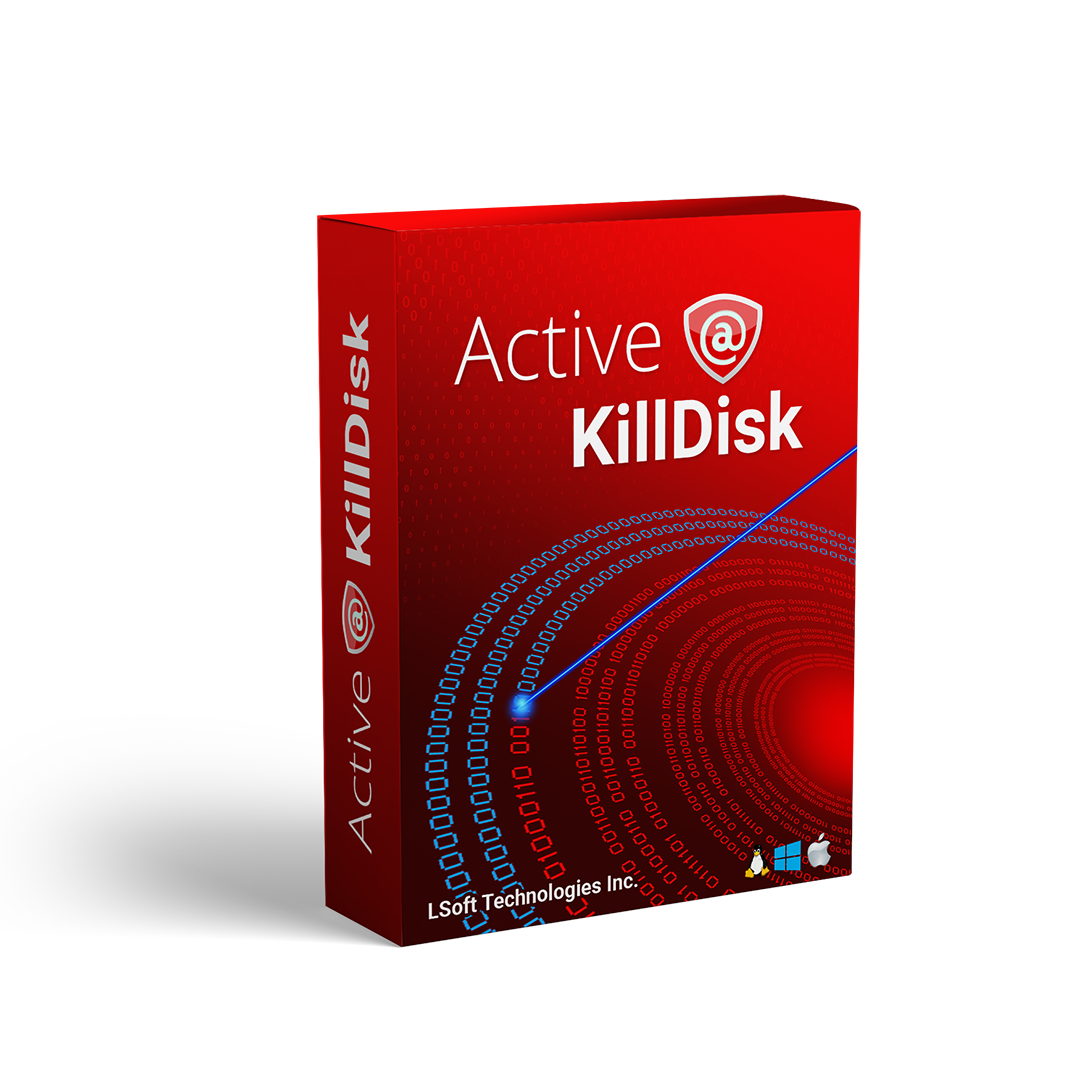Understanding the Montana Consumer Data Privacy Act: Navigating Moderate, Modern Obligations in the Expanding U.S. Data Security Landscape
Introduction: Montana Joins the Modern Data Privacy Movement
In recent years, a growing patchwork of state-level data privacy laws has taken shape across the United States, driven by mounting consumer expectations and rapid technological advancements. After the landmark California Consumer Privacy Act (CCPA), several states—including Virginia, Colorado, and Connecticut—enacted their own versions of comprehensive privacy legislation. Most recently, Montana has joined these ranks with the passage of the Montana Consumer Data Privacy Act (MCDPA), signed into law by Governor Greg Gianforte through Senate Bill 384 and effective as of October 1st, 2024. As the eighth installment in our ongoing series on current and emerging data security laws in the U.S. and worldwide, this article takes a close look at Montana's new statute—examining its key provisions, the importance of universal opt-out features, practical compliance approaches, and the ways solutions like Active@ KillDisk and KillDisk Industrial can support organizations in meeting MCDPA requirements.
Montana’s Approach: Echoing the National Trend with a Regional Twist
The Montana Consumer Data Privacy Act closely follows the general pattern established by Virginia, Colorado, and Connecticut. Designed to balance consumer rights with business realities, Montana’s law emphasizes clarity, practicality, and reasonable responsibilities, creating a “moderate” regulatory environment compared to states with stricter regimes, such as California.
Who Must Comply?
The law applies to organizations conducting business in Montana or targeting products and services to Montana residents, provided they process or control the personal data of:
- At least 50,000 Montana residents (excluding payment transactions solely for completing a transaction), or
- At least 25,000 residents and derive more than 25% of gross revenue from the sale of personal data.
These thresholds mean that small businesses and low-volume data handlers are unlikely to be covered unless their business model relies heavily on the monetization of personal data.
Key Consumer Rights Under Montana’s Law
Montana’s act prioritizes consumer empowerment by granting individuals broad new rights over their personal data. Consistent with the “VA/CO/CT model.” These include:
- Right to Access: Consumers can confirm whether their data is being processed and access it upon request.
- Right to Correction: Inaccurate personal data must be rectified upon request.
- Right to Deletion: Individuals may demand deletion of their personal information, subject to certain exceptions
- Right to Data Portability: Consumers can receive a portable copy of their personal data for use elsewhere
- Right to Opt-Out: Montanans can opt out of the sale of their personal data, refuse target advertising, and object to certain types of profiling
- Right Not to Be Discriminated Against: Businesses are not allowed to treat consumers unfairly or disadvantage them for exercising their rights under the law. This means consumers must not face any adverse actions, such as denial of services or unequal treatment, simply because they choose to exercise their privacy rights.
Companies must respond to these requests promptly, typically within 45 days, with extensions available under certain circumstances.
A Standout Feature: Universal Opt-Out Mechanisms
Montana’s law takes a notable step by requiring businesses to honor “universal opt-out mechanisms.” This means consumers can exercise their opt-out rights through global privacy controls, such as browser settings or device-level signals, rather than having to visit each site individually or fill out separate forms. This is a growing trend among states and underlines the importance of user-centric data privacy controls.
For businesses, implementing and recognizing these universal mechanisms is pivotal for compliance and maintaining consumer trust. It pushes organizations to stay current with privacy technology and eliminates the temptation to make opt-outs unnecessarily complicated or hidden.
Business Obligations, Assessments, and Security
While the MCDPA’s core obligations are considered moderate, they still require concrete action:
- Transparency: Privacy notices must clearly explain what data is collected, for what purposes, and how consumers can exercise their rights.
- Vendor Management: When sharing data with third-party processors, written contracts must articulate privacy responsibilities and deletion protocols.
- Data Protection Assessments: Any processing activities posing a heightened risk of harm, such as targeted advertising, profiling, or selling data, demand a formal assessment of potential impacts on consumers’ privacy.
- Data Security: Organizations must use “reasonable administrative, technical, and physical safeguards” to protect collected personal data.
Adequate data security isn’t just an abstract obligation; it directly supports compliance with the law’s consumer rights requirements.
Entities exempt from the MTCDPA
The MTCDPA does not apply to the following types of entities and organizations:
- State agencies, boards, commissions, and other political subdivisions
- Nonprofit organizations
- Colleges and universities
- National securities associations registered under the federal Securities Exchange Act of 1934
- Financial institutions and their affiliates that are regulated by Title V of the Gramm-Leach-Bliley Act
- Organizations subject to the federal Health Insurance Portability and Accountability Act (HIPAA)
Compliance Framework and Enforcement
Enforcement is centralized through the Montana Attorney General, who has the authority to investigate violations before and pursue civil penalties. Crucially, the law provides businesses with a “cure period”, a defined window in which they can remedy violations before facing any fines. Their approach incentivizes good faith compliance and rapid response to consumer complaints.
Restrictiveness: Where Montana Stands
Montana’s data privacy regime is intentionally moderate. Its thresholds, requirements, and cure periods provide businesses with realistic strategies for compliance without sacrificing meaningful protections for residents. The universal opt-out mechanism is a new benchmark, signaling a shift toward seamless, proactive privacy standards.
The Role of Data Deletion and Sanitization: Why it matters
When a Montana resident requests that their data be deleted, or when storage devices are decommissioned or recycled, it’s crucial to ensure that personal data cannot be recovered. Sloppy data practices or incomplete deletion could not only lead to regulatory penalties but also create reputational and legal risk if data resurfaces.
Active@ KillDisk and KillDisk Industrial: Practical Compliance Tools
Solutions like Active@ KillDisk and KillDisk Industrial offer an efficient, professional way to wipe data from hard drives, SSDs, and other storage media according to internationally recognized sanitization standards (such as IEEE 2883 or NIST 800-88). For businesses large and small, implementing these tools can automate and verify compliance with legal deletion obligations, create robust audit trails, and protect both consumer trust and organizational reputation.
- Active@ KillDisk is ideal for workstations and individual media.
- KillDisk Industrial excels in enterprise environments, enabling bulk drives to be wiped quickly and securely.
Incorporating these solutions not only meets legal requirements but also demonstrates a visible commitment to responsible data stewardship.
Conclusion: A Moderate Law with Major Implications
Montana’s Consumer Data Privacy Act may not be the strictest U.S. data law, but its moderate obligations should not breed complacency. With universal opt-out mandates and firm consumer empowerment, Montana has created a law that’s practical, modern, and enforceable. Businesses operating in or targeting Montana residents must evaluate their data practices, adapt quickly, and leverage reliable tools like solutions from the KillDisk lineup to confidently navigate the evolving privacy landscape.
Stay tuned for the next update in our series, as we continue to track and summarize critical data protection trends and laws shaping the future of digital privacy in America and beyond.
References:


